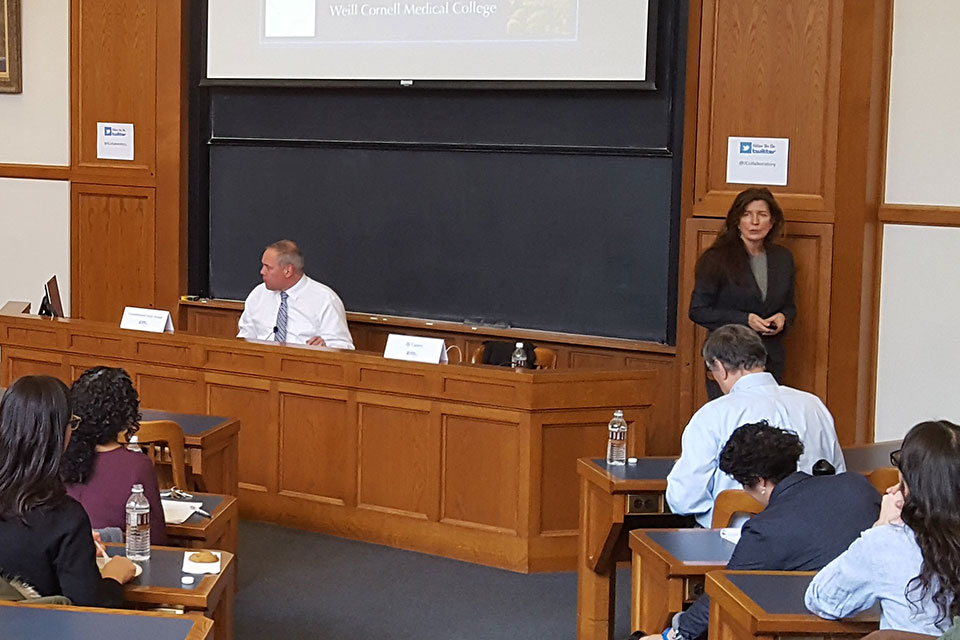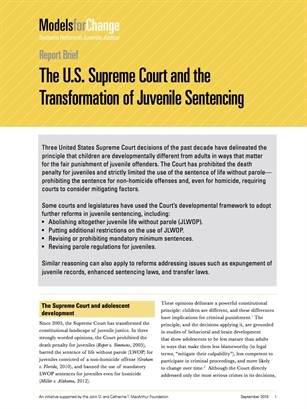Reference




OpenAI's Answer
BJ Casey is a renowned neuroscientist who has significantly contributed to legal arguments surrounding juvenile sentencing through her research on brain development. Her work highlights the profound differences between adolescent and adult brains, which can influence decision-making and impulse control. Here are some of the notable contributions and implications of her work on legal arguments regarding juvenile sentencing:
-
Neuroscience and Juvenile Sentencing: BJ Casey's research emphasizes that adolescents' brains are still developing, particularly in areas related to decision-making and impulse control. This has been crucial in informing legal discussions and policy changes regarding the culpability of juveniles in the justice system. Her work suggests that because brain maturation continues into young adulthood, adolescents may not possess the judgment and reasoning capabilities of an adult, which affects their legal responsibility and sentencing (Source).
-
Impact on Supreme Court Decisions: BJ Casey's insights have supported arguments in key Supreme Court cases that reshaped juvenile sentencing. For instance, the Supreme Court has considered such neuroscience research in decisions like abolishing the death penalty for juveniles and banning life without parole for non-homicidal offenses committed by juveniles (Source).
-
Educational and Policy Influence: Casey's lectures and publications have educated legal professionals about the critical differences in brain development between juveniles and adults. This has influenced shifts in both legal perspectives and policies towards more rehabilitation-focused approaches rather than punitive ones for juvenile offenders (Source).
Her work continues to be at the forefront of bridging neuroscience with legal policy, advocating for a justice system that acknowledges the developmental science of young individuals.
Follow Up
Related
What are some arguments for and against abiogenic petroleum production?
What arguments do legal feminists make against the legalization of prostitution?
Why does Southgate reject the 'means to an end' argument in evolution?
What incidental arguments are cited against the hypothesis of abiogenic oil?
What are the arguments against the biogenic origin based on the Athabasca Oil Sands?